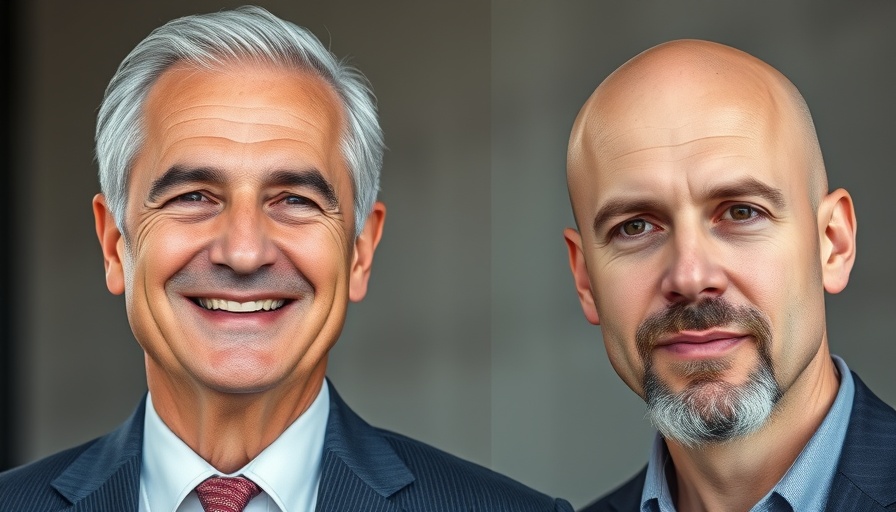
Revitalizing Public Safety: The Role of the DEA Administrator
In the wake of escalating crime rates and ongoing calls for police reform, the recent appointment of DEA Administrator Terry Cole to oversee D.C. police operations has emerged as a pivotal moment for public safety in Washington, D.C. President Donald Trump emphasized the importance of supporting law enforcement during a time when many are questioning the protocol and effectiveness of policing methods. Cole, who has expressed a strong commitment to enhancing the safety and trust between citizens and law enforcement, carries the weight of significant expectations.
The Immediate Challenges Facing D.C. Law Enforcement
The District of Columbia has been grappling with multifaceted challenges, including rising crime rates and public distrust in policing methods. As Cole steps into this role, he brings with him experience in law enforcement and a strategic approach geared towards fostering collaboration between local police and federal agencies. Many residents hope that this cooperation can translate into actionable strategies to combat crime effectively.
A New Approach to Policing
As the federal government implements its strategies, the emphasis on data-driven policing methods becomes increasingly important. Recent statistics have shown that while crime rates have fluctuated, areas severely impacted by drug-related incidents require a tactful and well-informed approach. Cole's advocacy for innovation in policing could lead to reforms that not only target high-crime areas but also bolster community engagement.
The Importance of Community Engagement
Community trust is paramount for effective policing. Many residents feel that immediate reforms are necessary to improve relationships between D.C. residents and law enforcement personnel. Cole's administration aims to initiate dialogue with community stakeholders to address grievances and foster transparency. This focus on dialogue could pave the way for significant changes in policing practices across the board.
Broader Implications for National Policy
The changes in D.C. policing under Cole's guidance may also serve as a model for other urban areas facing similar challenges. Political leaders across the nation are observing this situation carefully, as the implications of successful reform could influence widespread policy changes and create a national conversation about policing and community safety.
Counterarguments to Increased Federal Oversight
However, the decision to increase federal oversight in local police matters has drawn significant criticism. Opponents argue that federal interference could disrupt local control and hinder the ability of local police departments to respond to the unique needs of their communities. This perspective raises critical questions about the balance of power between federal and local law enforcement agencies.
The Future of Public Safety in America
The implications of Cole’s role transcend D.C. and resonate with ongoing national conversations about public safety, police reform, and community partnerships. As police departments across America work diligently to adapt to growing demands for transparency and accountability, Cole’s efforts might just become a template for sustainable reform across the United States.
 Add Element
Add Element  Add Row
Add Row 



Write A Comment